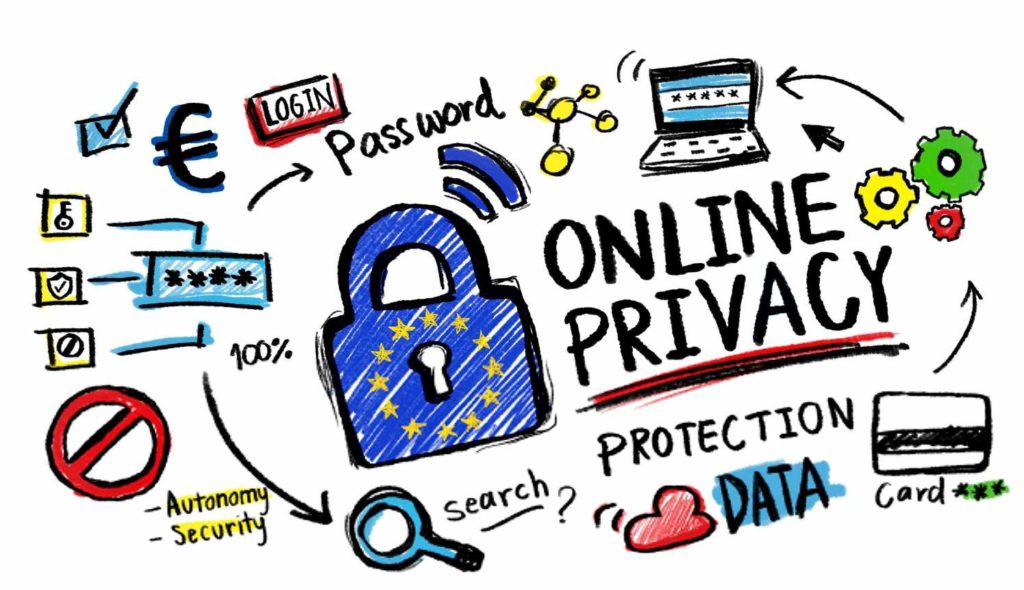In one of the Ted Talks, Christopher Soghoian brings up how data companies use wiretapping to listen in on your phone calls and read your conversations. This invasion of privacy being done to American Citizens reminds me of another one that happened around three hundred years ago when King George forced the people of the colonies to house British soldiers. When these British soldiers were in your house, they would take up your food, a bed, and maybe your drinks. Most importantly, these soldiers symbolized a governmental overreach; they were forced into your home without your consent. They could also overhear conversations if needed, and while these scenarios are three hundred years apart, the end result is the same. The founding fathers banned the method of quartering with the third amendment because they saw the house as a private domain that should not be forcibly barged into. Nowadays, the government is taking up quarters in your house; this time, it is less evident. There is no soldier in your house to spy on you; instead, it is the laptop or phone you use to read this.
The one thing we as a people can do to fight off this wave is to be more conscious of how much we let the internet know about us; by the time you see this, it might be a bit too late, but there are still things we can do to stop the bleeding. One thing that can help is not to use password savers; these can be hacked, and while only 45 million Americans use these sorts of apps, that is still a lot of information floating around in the cloud waiting to be stolen. Also, downloading a virus scanner can significantly help you; while some are expensive, they are very effective. These are two small suggestions that I can find that I think would help people take back some of our privacy. While it is sad that we all will never be private in the growing digital age, at least we can try to take back some of our privacy.






No comments:
Post a Comment